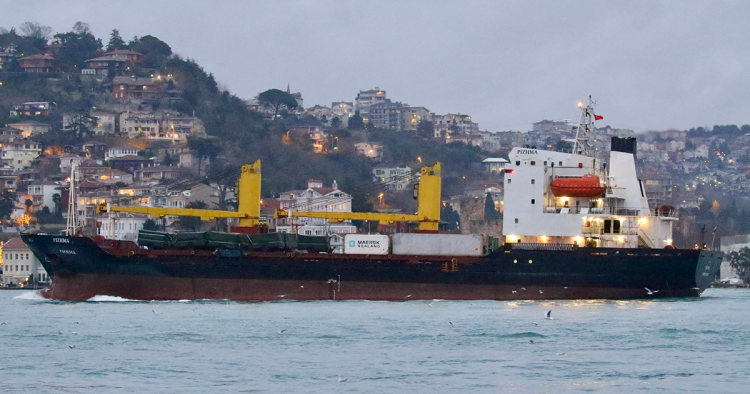During the 500 days since Russia’s invasion of Ukraine, the Middle East avoided a catastrophic food crisis, thanks in part to the Black Sea grain initiative. Russia’s decision to cancel that agreement is raising fears that the return of supply shortages and skyrocketing wheat prices could quickly plunge the most vulnerable countries of the region into crisis.
Countries such as Syria and Yemen, which are struggling to emerge from conflict and civil strife, may be most at risk. How grim the picture will become for these countries does not simply hang on decisions made in Moscow and Kyiv. A decisive role will also be played by Ankara, not only on account of its central position in Black Sea geopolitics, but because of Turkey’s central role in the Middle East’s wheat-to-bread supply chain.
Continue reading on The National News
Photo by Yörük Işık
The Middle East Institute (MEI) is an independent, non-partisan, non-for-profit, educational organization. It does not engage in advocacy and its scholars’ opinions are their own. MEI welcomes financial donations, but retains sole editorial control over its work and its publications reflect only the authors’ views. For a listing of MEI donors, please click here.













